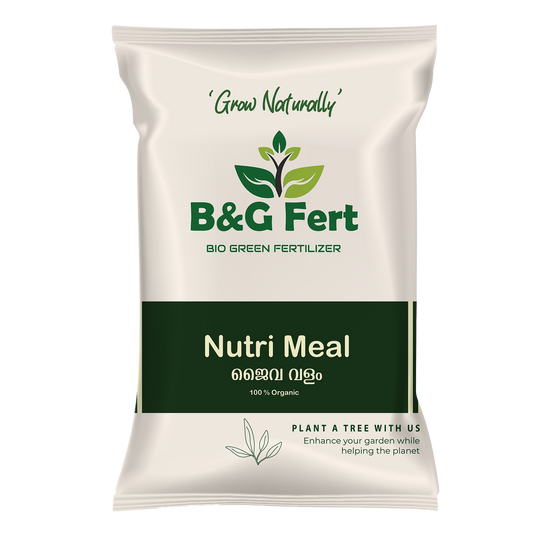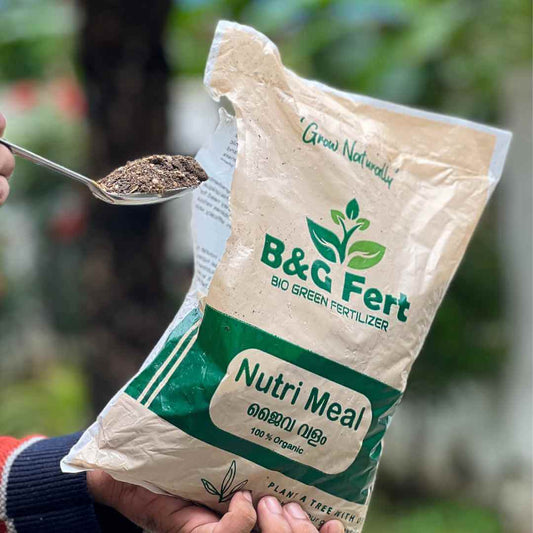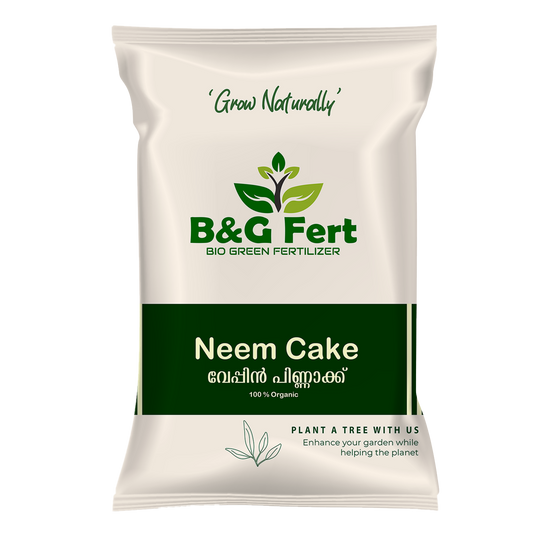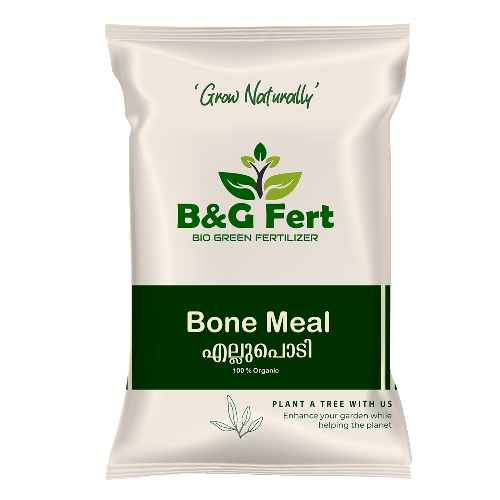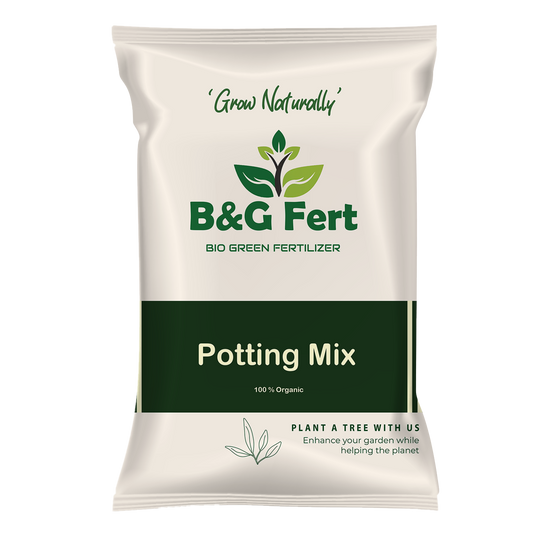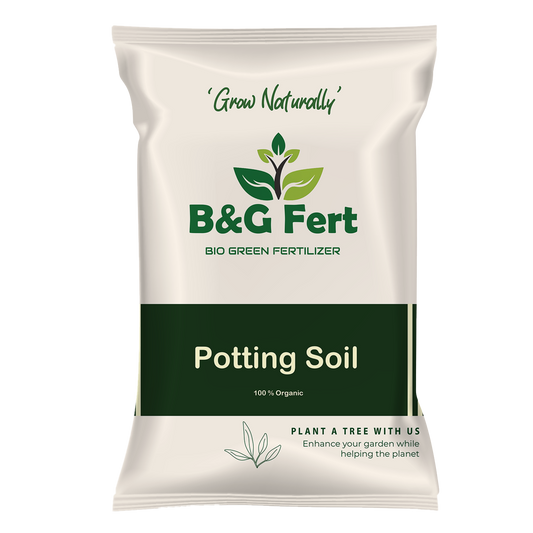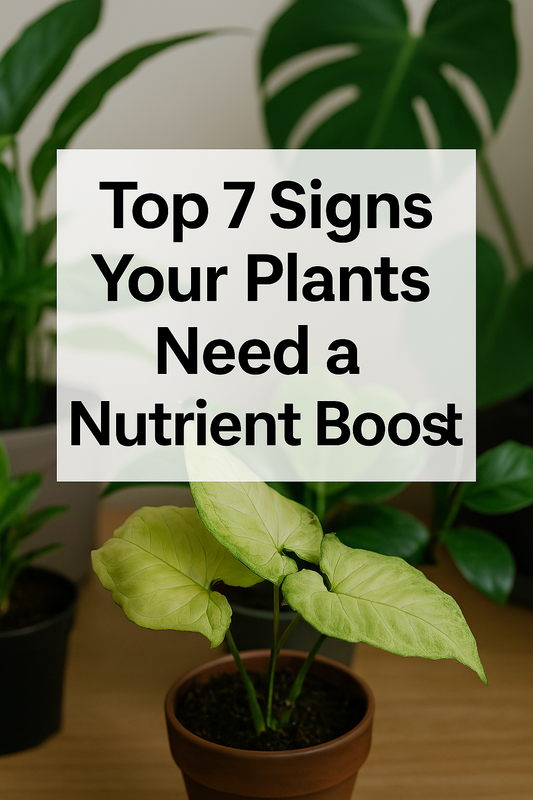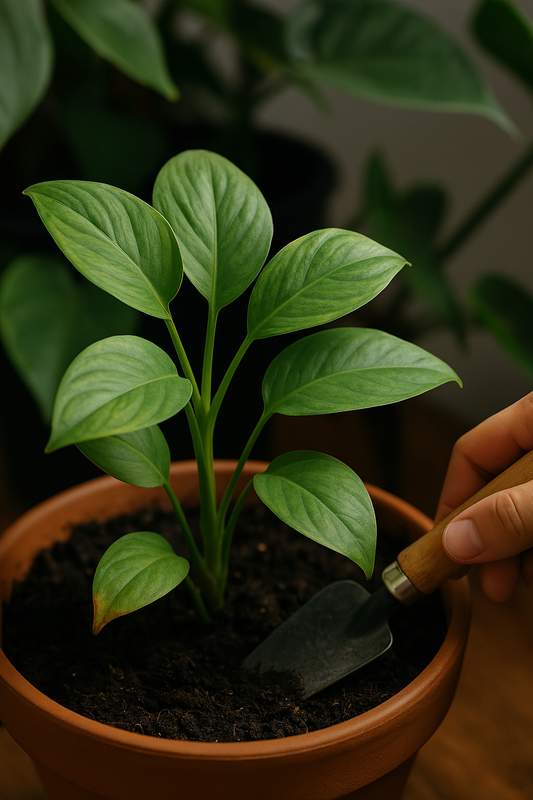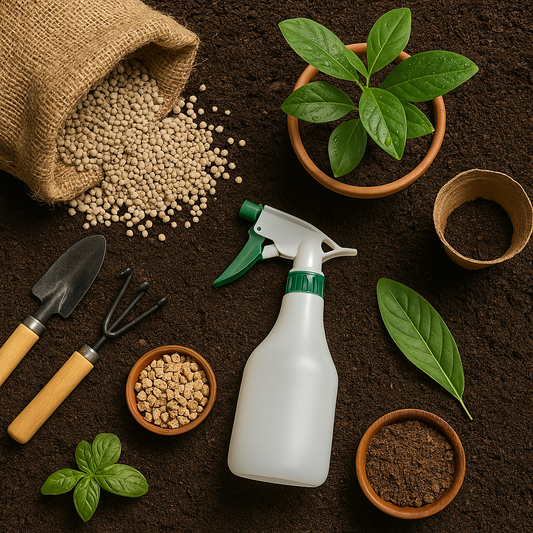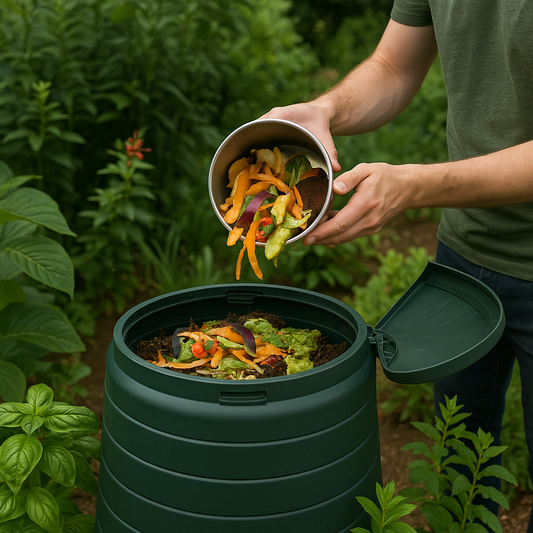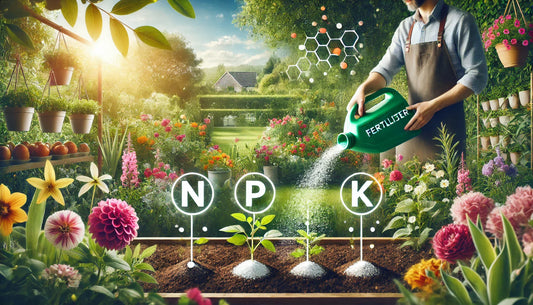
Organic and Harmless Pest Control: Eco-Friendly Solutions for a Healthy Garden
Maintaining a thriving garden can be a challenge, especially when pests threaten the health of your plants. While chemical pesticides may offer a quick fix, they often come with harmful side effects for the environment, beneficial insects, and even humans. Fortunately, there are organic and harmless pest control methods that not only protect your plants but also support a sustainable and eco-friendly garden. In this blog post, we’ll explore effective natural pest control techniques that you can easily implement in your garden.
1. Neem Oil: The Natural Insect Repellent
Neem oil is a powerful and versatile organic pesticide that can control a wide range of garden pests, including aphids, mites, and whiteflies. Extracted from the seeds of the neem tree, this oil disrupts the life cycle of insects, preventing them from feeding and reproducing.
How to Use:
- Mix neem oil with water and add a few drops of mild liquid soap.
- Spray the mixture on the affected plants, ensuring even coverage.
Benefits:
- Neem oil is safe for beneficial insects like bees and ladybugs.
- It biodegrades quickly, leaving no harmful residues.
2. Diatomaceous Earth: A Physical Barrier to Pests
Diatomaceous earth is a naturally occurring, powdery substance made from fossilized aquatic organisms. It works by physically damaging the exoskeletons of pests like slugs, ants, and beetles, causing them to dehydrate and die.
How to Use:
- Sprinkle diatomaceous earth around the base of plants or directly on affected areas.
Benefits:
- Non-toxic to humans and pets.
- Provides long-lasting protection as long as it remains dry.
3. Garlic Spray: A Potent Pest Deterrent
Garlic isn’t just for cooking—it’s also a natural insect repellent. The strong odor of garlic deters a variety of pests, including aphids, caterpillars, and mosquitoes.
How to Use:
- Blend several garlic cloves with water and strain the mixture.
- Spray the solution on plants, focusing on areas with visible pest activity.
Benefits:
- Garlic spray is biodegradable and safe for the environment.
- It can be easily made with ingredients you already have at home.
4. Companion Planting: Nature’s Pest Control
Companion planting involves growing certain plants together to naturally repel pests. For example, marigolds release a scent that deters nematodes, while basil can help keep flies and mosquitoes at bay.
How to Use:
- Plant herbs and flowers known for their pest-repelling properties alongside your main crops.
Benefits:
- Enhances biodiversity in your garden, which can naturally reduce pest populations.
- Supports healthy plant growth through beneficial plant interactions.
5. Soap and Water Spray: A Simple yet Effective Solution
A basic soap and water mixture can be surprisingly effective against soft-bodied insects like aphids and spider mites. The soap works by breaking down the protective outer layer of the insects, causing them to dehydrate.
How to Use:
- Mix a few drops of mild liquid soap with water.
- Spray the mixture on infested plants, making sure to cover the insects thoroughly.
Benefits:
- Easy to make and use.
- Safe for plants and the environment.
6. Beneficial Insects: Harnessing Nature’s Predators
Introducing or attracting beneficial insects to your garden is a great way to control pests naturally. Insects like ladybugs, lacewings, and predatory wasps feed on common garden pests such as aphids, caterpillars, and whiteflies.
How to Use:
- Plant flowers that attract beneficial insects, such as daisies, marigolds, and yarrow.
- You can also purchase beneficial insects from garden centers and release them into your garden.
Benefits:
- Promotes a natural balance in your garden’s ecosystem.
- Reduces the need for chemical pesticides.
7. Bacillus Thuringiensis (Bt): A Natural Bacterium for Pest Control
Bacillus Thuringiensis, or Bt, is a naturally occurring bacterium that is effective against caterpillars and other larvae. When ingested by the larvae, Bt produces toxins that kill them without harming other insects.
How to Use:
- Apply Bt as a spray on plants where larvae are feeding.
Benefits:
- Targets specific pests, leaving beneficial insects unharmed.
- Safe for humans, pets, and the environment.
8. Beer Traps: An Unusual but Effective Method
Beer traps are a simple and organic way to control slugs and snails. These pests are attracted to the yeast in beer and will crawl into the trap and drown.
How to Use:
- Place shallow containers filled with beer near your plants.
- Check and replace the beer regularly.
Benefits:
- Effective in significantly reducing slug and snail populations.
- Inexpensive and easy to set up.
9. Chili Pepper Spray: Spicy Defense Against Pests
Chili peppers are not only a kitchen staple but also a powerful pest deterrent. The capsaicin in chili peppers irritates insects, keeping them away from your plants.
How to Use:
- Blend hot chili peppers with water and a few drops of soap to create a spray.
- Apply the spray to plants where pests are active.
Benefits:
- Natural and non-toxic.
- Effective against a variety of pests, including aphids and caterpillars.
10. Horticultural Oils: Smothering Pests Safely
Horticultural oils, derived from either petroleum or plant oils, can be used to control insects like scale, aphids, and spider mites. These oils work by smothering the insects and preventing them from breathing.
How to Use:
- Dilute the horticultural oil according to the manufacturer’s instructions.
- Spray it on affected plants, covering all surfaces.
Benefits:
- Safe for plants and beneficial insects when used as directed.
- Leaves no harmful residue and degrades quickly in the environment.
Conclusion
By adopting organic and harmless pest control methods, you can protect your garden from harmful pests while supporting a healthy ecosystem. These natural solutions are not only effective but also safe for you, your plants, and the environment. Whether you're dealing with aphids, caterpillars, or slugs, there's an eco-friendly method that can help you keep your garden thriving. Embrace these natural pest control techniques and enjoy a beautiful, bountiful, and sustainable garden.
